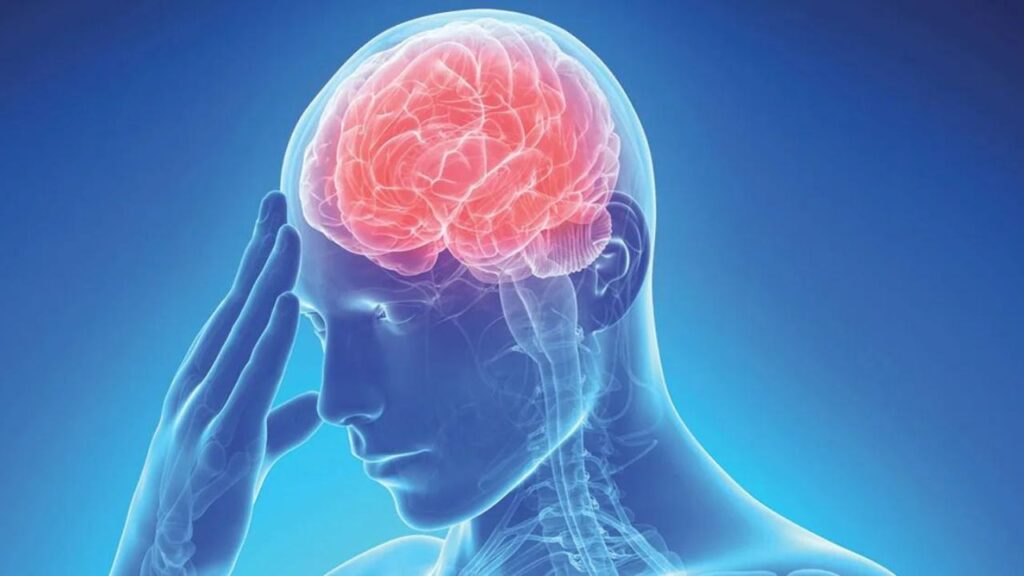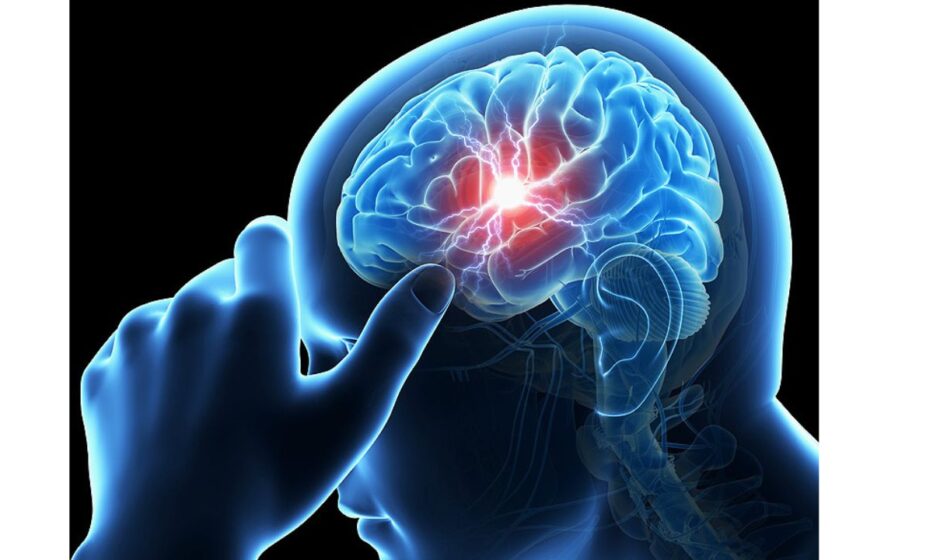Mount Sinai researchers reveal the profound link between human beliefs about drugs and their impact on brain activity and behavior responses in a way comparable to the dose-dependent effects of pharmacology.
The study’s implications, which directly focused on beliefs about nicotine, are profound. They range from elucidating how the neural mechanisms Underlying assumptions could be crucial in addiction to optimizing pharmacological and nonpharmacological treatments by leveraging the power of human beliefs. The study was published in the journal Nature Mental Health.
“Though their effects are thought to be imprecise and infrequently investigated by quantitative neuroscience methods, beliefs can have a significant impact on our manners,” says Xiaosi Gu, PhD, an associate professor of psychiatry and neuroscience at the University of Icahn School of Medicine at Mount Sinai.
“We set out to investigate if human beliefs can modulate brain activities in a dose-dependent manner similar to what drugs do, and found a high level of precision in how beliefs can influence the human brain. This finding could be crucial for advancing our knowledge about the role of beliefs in addiction as well as a broad range of disorders and their treatments.”
To explore this dynamic, the Mount Sinai team, led by Ofer Perl, Ph.D., a postdoctoral fellow in Dr. Gu’s lab when the study was conducted, instructed nicotine-dependent study participants to believe that an electronic cigarette they were about to vape contained either low, medium, or high strengths of nicotine, when in fact the level remained constant.
Participants then underwent functional neuroimaging (fMRI) while performing a decision-making task known to engage neural circuits activated by nicotine.
The scientists found that the thalamus, an important binding site for nicotine in the brain, showed a dose-dependent response to the subject’s beliefs about nicotine strength, providing compelling evidence to support the relationship between subjective beliefs and biological substrates in the human brain.
This effect was previously thought to apply only to pharmacologic agents. A similar dose-dependent effect of beliefs was also found in the functional connectivity between the thalamus and the ventromedial prefrontal cortex. This brain region is considered important for decision-making and belief states.
“Our findings provide a mechanistic explanation for the well-known variations in individual responses to drugs,” notes Dr Gu, “and suggest that subjective beliefs could be a direct target for the treatment of substance use disorders.
They could also advance our understanding of how cognitive interventions, such as psychotherapy, work at the neurobiological level in general for a wide range of psychiatric conditions beyond addiction.”
Dr. Gu, one of the world’s foremost researchers in the emerging field of computational psychiatry, cites another way her team’s research could inform clinical care.
“The finding that human beliefs about drugs play such a pivotal role suggests that we could potentially enhance patients’ responses to pharmacological treatments by leveraging these beliefs,” she explains.
Significantly, the work of the Mount Sinai team can also be regarded in a much broader context: harnessing beliefs systematically better to serve mental health treatment and research in general.
“We’re interested in testing the effects of beliefs on drugs beyond nicotine to include addictive substances like cannabis and alcohol, and therapeutic agents like antidepressants and psychedelics,” says Dr. Gu.
“It would be fascinating to examine, for example, how the potency of a drug might impact the effect of drug-related beliefs on the brain and behaviour and how long-lasting the impact of those beliefs might be. Our findings could revolutionize how we view drugs and therapy in a much broader context of health.
About the Mount Sinai Health System

One of the biggest academic health systems in the New York metro region is Mount Sinai Health System, which employs more than 43,000 people across eight hospitals, 400 outpatient clinics, 300 labs, a nursing school, and a prestigious graduate school of medicine.
By taking on the most difficult healthcare problems of our day, Mount Sinai improves health for everyone, everywhere. It does this by identifying and utilizing new scientific knowledge and understanding, creating safer, more effective treatments, training the next generation of medical leaders and innovators, and assisting local communities by providing high-quality care to those in need. Mount Sinai provides complete healthcare solutions from infancy to geriatrics by merging its hospitals, labs, and schools and by utilizing cutting-edge techniques like artificial intelligence.
The Health System includes:
- Approximately 7,400 primary and specialty care physicians.
- Thirteen joint venture outpatient surgery centers located in Westchester, Long Island, Florida, and the five boroughs of New York City.
- More than 30 affiliated community health centres.
The Hospital System has been ranked by U.S. News & World Report’s® “Best Hospitals” and “Best Children’s Hospitals,” as well as Newsweek’s® “The World’s Best Smart Hospitals, Best in State Hospitals, World Best Hospitals, and Best Specialty Hospitals.” The Mount Sinai Hospital has been included to the 2023–2024 U.S. News & World Report® “Best Hospitals” Honor Roll.
About the Mount Sinai Health System
One of the biggest academic health systems in the New York metro region is Mount Sinai Health System, which operates over 43,000 people across eight hospitals, 400 outpatient clinics, approximately 300 labs, a nursing school, and a prestigious graduate school of medicine.
By taking on the most difficult healthcare problems of our day, Mount Sinai improves health for everyone, everywhere. It does this by finding and using new scientific knowledge and understanding, creating safer, more effective treatments, training the next generation of medical leaders and innovators, and assisting local communities by providing high-quality care to those in need.
Mount Sinai provides comprehensive healthcare solutions from birth through geriatrics by integrating its hospitals, labs, and schools. It does this by utilizing cutting-edge techniques like artificial intelligence and informatics while maintaininghe physiological and psychological requirements of the patient come first in all forms of care.
The Health System consists of around:
- Approximately 7,300 primary and specialty care physicians.
- Thirteen joint venture outpatient surgery centers located in Westchester, Long Island, Florida, and the five boroughs of New York City.
- More than 30 affiliated community health centres.
We consistently receive high “Honor Roll” classification and are listed among the best hospitals in the country by U.S. News & World Report. We score #1 in Geriatrics and among the top 20 in the following specialties: Neurology/Neurosurgery, Orthopedics, Diabetes/Endocrinology, Gastroenterology/GI Surgery, Cardiology/Heart Surgery, Pulmonology/Lung Surgery, Rehabilitation, and Urology.
The Mount Sinai Eye and Ear Infirmary in New York specializes in ophthalmology. is placed No. 12. Mount Sinai Kravis Children’s Hospital is ranked among the finest in the nation for a number of pediatric specializations by U.S. News & World Report’s “Best Children’s Hospitals” list.
FAQ
What happens to the brain under the influence of drugs?
Hence, those who suffer from addiction may come out as conceited, callous, or unyielding. But this isn’t the actual situation. The person you love and still adore lies behind addiction, and they may even emerge from it wiser, more compassionate, and more compassionate than they were before. What Takes Place in the Brain When Drugs Are Taken? The human brain shapes our identity.
Does drug strength affect brain activity?
FRIDAY, Jan. 5, 2024 (HealthDay News) — How much a person believes in the strength of a drug might influence how powerfully that drug influences brain activity, a new study has found.
Can beliefs about drugs enhance patients’ responses to pharmacological treatments?
“The finding that human beliefs about drugs play such a pivotal role suggests that we could potentially enhance patients’ responses to pharmacological treatments by leveraging these beliefs,” Gu said.
Do all drugs have an impact on consciousness?
Not all medications affect awareness in the same way. Psychoactive medications are those that primarily cause a change in consciousness. Alcohol, ecstasy, amphetamines, cocaine, marijuana, LSD, PCP, and barbiturates are examples of common psychoactive chemicals and drugs.



